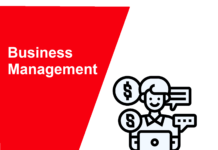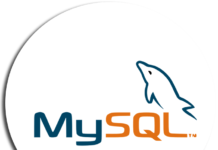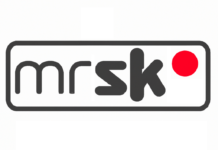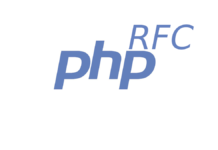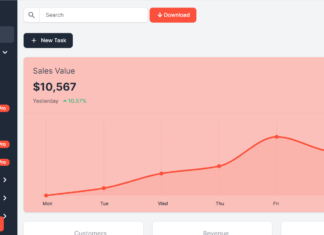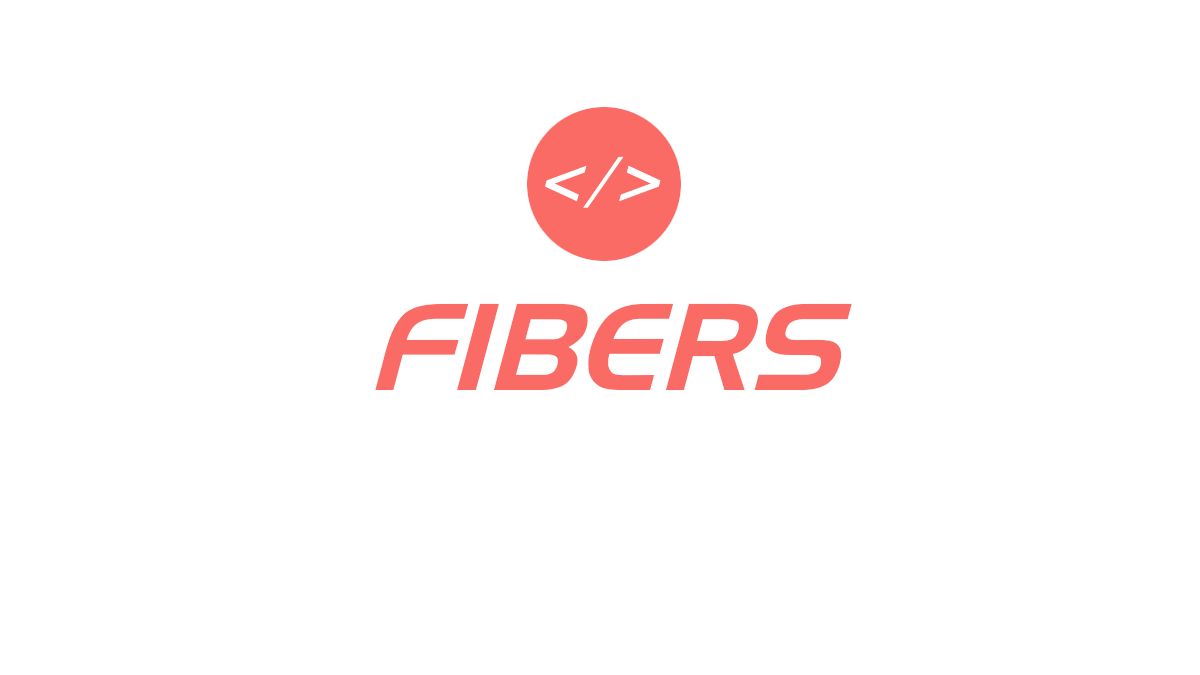English may have emerged as the international language of business and, subsequently, as the default language of the World Wide Web, but consider this: 75% of the world’s population speaks no English whatsoever.
 With this in mind, the need for businesses to talk to international customers in their own language can’t be overstated. Even though English is the most widely spoken second language, the fact remains that most consumers will search for products or services in their native tongue first.
With this in mind, the need for businesses to talk to international customers in their own language can’t be overstated. Even though English is the most widely spoken second language, the fact remains that most consumers will search for products or services in their native tongue first.
So for any business looking to go global and tackle new or emerging markets, the need to ‘think local’ means you should be aware of the multitude of cultural and linguistic complexities that you will face when entering foreign markets.
For example, the French in France and the French in Canada (Québéquois) is largely the same, but there are enough dialectal differences between the two forms of French to mean that distinct marketing strategies are essential when targeting each market.
By way of illustration, ‘weekend’ is simply ‘le weekend’ in France, but in Canadian French it is ‘fin de semaine’ (literally, ‘end of the week’). And ‘courriel’ is email in Canadian French – a contraction of ‘courrier électronique’ – but simply ’email’ in France.
There are many such differences between the French dialects in France, Canada, Switzerland and Belgium which help to highlight the importance of properly localizing your services for each specific target market. The same can also be said for German (Germany)/Swiss German, Portuguese (Portugal)/Brazilian Portuguese, Spanish (Spain)/Latin American Spanish and, closer to home, US/UK English.
So assuming you intend to properly localize your website for international markets, there are a number of issues you must consider when optimizing the content so that you gain as high a position on Google as possible.
Firstly, there is the domain name. Your choice of name is entirely up to you, though you may want to consider something that is suitable for the country that you’re targeting – your brand name may work just as well abroad, but you are best using the services of a specialist translation/localization company who can research any potential negative connotations of your name in your target market.
Equally important is your choice of web host as the server they use should be located in your target country – Google considers the IP address of the server in its algorithms, so make sure you ask where their server is based before committing to using their services.
Then there is the issue of keywords. There is a strong argument that says you should NEVER translate keywords, simply because even a direct dictionary translation may not be what people use to search for a service or product locally. They may use colloquialisms, abbreviations or acronyms instead.
To help illustrate this point, consider this scenario. A US car insurance company that has dedicated a considerable amount of resources to ensure it ranks highly on Google.com for the search term ‘car insurance’ decides it wants to launch a campaign to target French markets.
A literal and not-incorrect translation of ‘car insurance’ into French would be ‘l’assurance automobile’. However, Google’s keyword tool in France indicates that this term yields very few results. A little research into the key search terms actually used in French search engines reveal that people tend to use variations of this term, such as ‘assurance auto’ or ‘assurance voiture’.
By taking just a few minutes to research the keywords that consumers actively use to search for car insurance abroad, a major problem can be averted.
In the same way as you would use something like Google’s keyword tool when identifying the most popular industry keywords in English, you should thoroughly research the key search phrases that are incorporated into your new foreign language website too.
Localization and SEO should underpin any international online marketing strategy, as it will not only help ensure linguistic and cultural nuances don’t impede your entry into new markets, but also your visibility is maximized on foreign search engines.
About the Author
Christian Arno is founder and Director of Lingo24, a global localization and translation company. It has over 100 employees based in North America, Europe, Asia and Australasia, and a network of 4,000 translators. Its projected turnover for 2009 is $6m USD.




